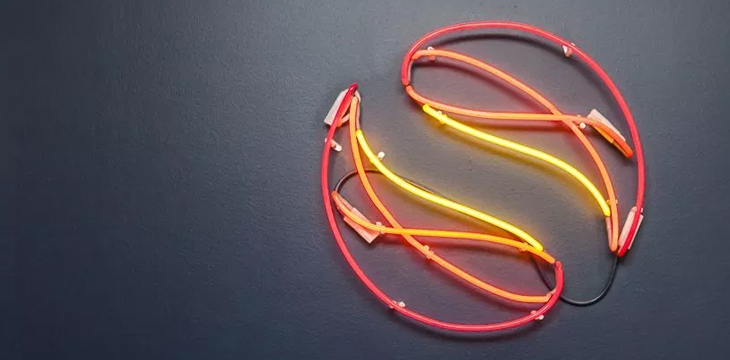|
Getting your Trinity Audio player ready...
|
Their Blockchain Factory will bridge regulatory infrastructure between fiat and crypto, and will later connect fiat deposit accounts with cryptocurrency transactions.
Berlin-based Banking-as-a-Platform (BaaP) service provider solarisBank announced in a Medium post last week that they are launching a “bridge between crypto and fiat worlds” through a new platform called the “solarisBank Blockchain Factory.”
In a Medium post, Peter Grosskopf , CTO and lead of solarisBank Blockchain Factory, said that the venture is part of solarisBank’s pledge to innovation as a fintech company, despite also being a traditional German banking institution.
“While we at solarisBank are still part of the traditional paradigm, since we have a German banking license and are regulated by BaFin, we are still a tech company at our core. That means we are actively exploring options to help shape and support the emerging decentralized paradigm by enabling the pioneers that are building it. This is the reason why we’re now officially launching the solarisBank Blockchain Factory,” he wrote.
“…we see the openness of blockchains as a strength. We see open, decentralized blockchains as creating opportunities for all when it comes to innovation in banking.”
Grosskopf adds that this regulatory infrastructure or “bridge” between fiat and crypto has been an unmet demand that many entrepreneurs have been looking for—a need that solarisBank is well-equipped in providing.
“Many cryptocurrency entrepreneurs I’ve spoken to the past couple of months have described a similar problem: the need of a regulatory and legal infrastructure to connect the crypto and fiat world. When you’re building up a banking platform such as solarisBank from scratch, you do not only need to develop cutting-edge APIs. You also have to set up compliance and legal processes built to explore unknown territory on a daily basis,” he explains.
“We can not only offer their companies to jointly operate under our license umbrella, we can also provide them with services such as monitoring of transactions or know-your-customer procedures.”
According to Grosskopf, this is just the beginning—they are also working on solutions to bridge fiat deposits with cryptocurrency transactions, such as those for online shopping using cryptocurrencies.
“The next logical step is to connect our digital banking and debit cards solution with exchanges and wallets, so partners can create their own crypto retail banking experience. These accounts significantly reduce the risk to their end-customers and make the trading and possession of cryptocurrencies not only more convenient but also more secure.”

 03-04-2026
03-04-2026 




